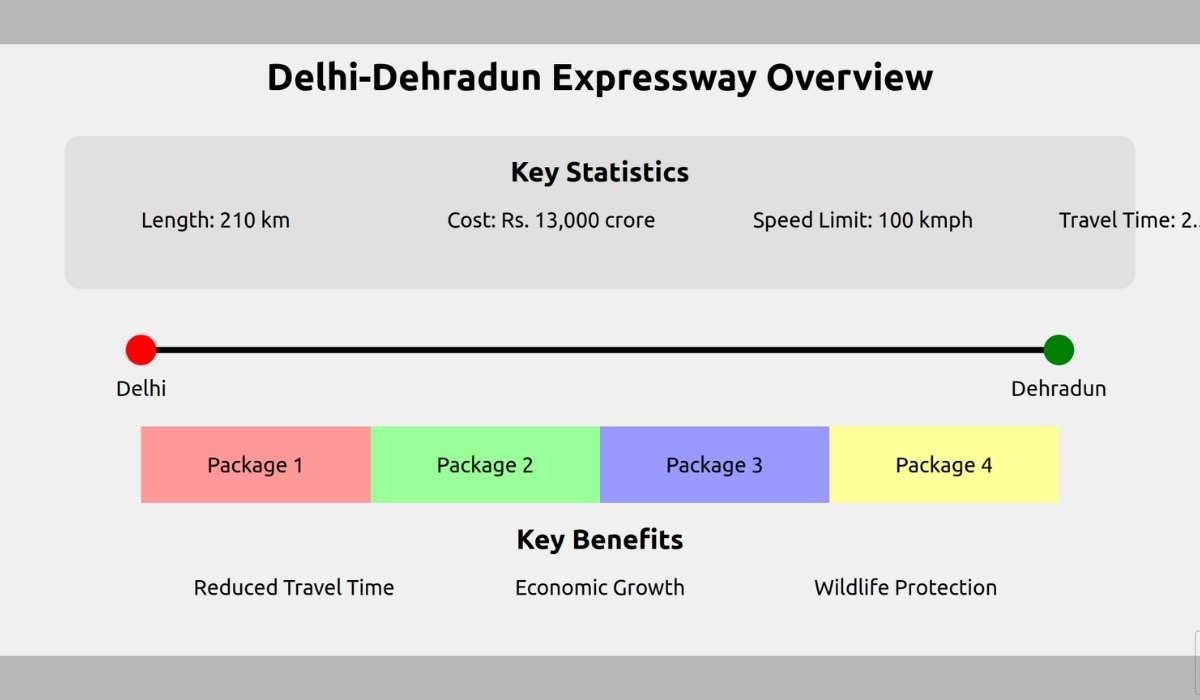The Indian real estate market has been experiencing a boom, attracting many investors who aspire to capitalize on the potential returns. While residential real estate has traditionally been the go-to option, retail properties have emerged as an attractive alternative. With numerous retail projects being launched in developing locations and developers touting their projects as the most premium with the best brands, rental yields, and capital appreciation, it’s essential to understand the factors that determine the success or failure of a retail investment. In this article, we will explore the opportunities and risks associated with investing in retail real estate and delve into the key factors that impact a property’s capital appreciation and rental yield.
The Allure of Retail Real Estate Investment
- Dominance of Physical Stores:
- Despite the growth of e-commerce in India, 90% of retail sales still occur in physical stores.
- The Indian retail sector is expected to grow threefold by 2030, indicating a promising opportunity for investors.
- Potential Pitfalls:
- 21% of malls in 8 metro cities are classified as “ghost malls,” with more than 40% of shops vacant.
- By 2025, 60 new malls are expected to be operational, increasing competition for retail stores.
- The rising share of online shopping further intensifies the challenges faced by retail properties.
Factors Determining the Success of Retail Real Estate
- Location Factors:
- Footfall Source: Understanding where the footfall will come from is crucial. Consider factors such as nearby residential areas, commercial hubs, main roads, highways, and the project’s potential to become a landmark.
- Footfall Type: Assess the average paying capacity of the target audience, whether it’s middle class, upper-middle class, or HNI. A healthy mix of customers is essential for a project’s success.
- Quantum of Footfall: Estimating the expected number of visitors based on the surrounding population, workforce, and travel routes is vital. Developers’ projections and insights from other retail projects in the area can provide valuable information.
- Competition: While competition is necessary for business growth, over-competition can be detrimental. The number and type of retail projects should align with the area’s population and demographics.
- Project Level Factors:
- Builder Reputation and Brand: Invest in projects by builders with a proven track record of successfully developing retail spaces and attracting reputable brands.
- Project Density and Layout: Evaluate the number of shops, corridor width, ventilation, natural light, and visibility of all shops. High-density markets should focus on specific product categories, while mixed-product markets require strategic locations and layouts.
- Entry and Exit: Assess the accessibility and potential for traffic congestion based on the entry and exit points from service lanes, side roads, or main roads.
- Look and Feel: The project’s facade, waiting area, lobby, corridor, and lift mix should create the desired ambiance, whether it’s budget, premium, or luxury.
- Parking Space and Maintenance: Sufficient parking space and proper maintenance are essential to attract and retain customers.
- Additional Amenities and Services: Energy-efficient lighting, green areas, security, lifts, escalators, and double-height lobbies enhance a project’s premiumness and appeal.
- Lease Guarantee or Assistance: Builders offering lease guarantees or assistance, including the responsibility of bringing anchor stores, can provide added security for investors.
- Unit Level Factors:
- Shape of the Unit: A proper shape (square, rectangle, semi-circle, or circle) facilitates easier leasing or selling.
- Visibility and Accessibility: Ground floor and front-facing shops with high visibility and easy accessibility from lifts, elevators, or escalators command higher rates and returns.
- Additional Features: Roof height, storage space, bed lines, exhaust pipes, and firefighting provisions cater to the specific requirements of big brands, expanding the tenant pool.
Investor Caution: Assured Returns Schemes
- Assured returns schemes, where builders promise monthly returns during the construction stage, have been declared as Ponzi schemes by SEBI.
- Investors should exercise caution and avoid builders promoting such schemes, as they exploit loopholes in the law.
- Lease guarantees, on the other hand, are acceptable, as they assure lease income after the project’s completion.
Conclusion
Retail real estate presents a promising investment opportunity in India’s growing economy and consumption-driven market. However, it is not without risks, as project failures can lead to prolonged vacancies, high maintenance costs, and difficulties in resale. To make informed decisions, investors must look beyond the marketing narratives of builders and thoroughly evaluate the location, project, and unit level factors themselves. By understanding the dynamics of footfall, competition, project layout, builder reputation, and unit-specific features, investors can identify projects with the highest potential for success and returns. While assured returns schemes should be avoided, lease guarantees and assistance from reputable builders can provide added security. As with any investment, due diligence and a critical assessment of the factors influencing a retail property’s performance are essential for making sound investment choices in the Indian real estate market.
90% of retail sales in India still occur in physical stores, despite the growth of e-commerce.
The Indian retail sector is expected to grow threefold by 2030, presenting promising opportunities for investors.
'Ghost malls' are malls with more than 40% of shops vacant; currently, 21% of malls in 8 metro cities fall into this category.
Unlock Your Dream Home Today!
Get personalized real estate insights delivered straight to your inbox.
Key factors include location, footfall sources and types, competition, builder reputation, project layout, and unit-level features.
Footfall is crucial as it indicates the potential number of visitors, which directly impacts sales and rental yields.
Investors should look for builders with a proven track record in developing successful retail spaces and attracting reputable brands.
Assured returns schemes promise monthly returns during construction but have been declared Ponzi schemes by SEBI; investors should avoid them.
Project layout and density affect customer experience and shop visibility, which are vital for attracting and retaining customers.
Features such as energy-efficient lighting, ample parking, security, and aesthetic design contribute to a project's attractiveness.
Lease guarantees provide added security for investors by assuring lease income after project completion, unlike assured returns schemes.
DISCLAIMER
The information provided on this website is for general informational purposes only. While we strive to keep the content up-to-date and accurate, we make no representations or warranties of any kind, express or implied, about the completeness, accuracy, reliability, suitability, or availability of the information, products, services, or related graphics contained on this website.
In no event will we be liable for any loss or damage including without limitation, indirect or consequential loss or damage, or any loss or damage whatsoever arising from loss of data or profits arising out of, or in connection with, the use of this website.
Real Estate Investment Risks
Real estate investments involve significant risks and market volatility. Property values, rental rates, and market conditions can fluctuate. Past performance is not indicative of future results.
Before Making Real Estate Decisions
Before making any real estate decision, we strongly advise you to:
- Conduct thorough due diligence
- Consult with qualified legal, financial, and real estate professionals
- Carefully review all relevant documents and contracts
- Consider your personal financial situation and investment goals
This website does not provide legal, financial, or investment advice. All content is for informational purposes only and should not be construed as professional advice or recommendations.
By using this website, you acknowledge and agree to these terms. We reserve the right to modify this disclaimer at any time without notice.







